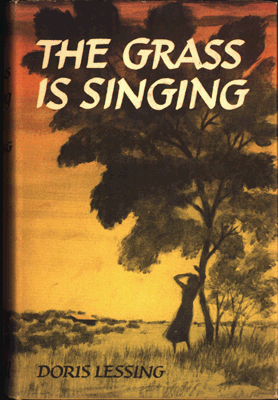by Lara Feigel, Reader in Modern Literature
My research over the last few years has taken me to some unlikely places. You wouldn’t expect to find the papers of the very British novelist Rebecca West in Tulsa, Oklahoma, or the wartime diaries and letters of Elizabeth Bowen and Graham Greene in Austin, Texas. It’s odd spending a day in London in the Blitz and then emerging out of the air-conditioned archive into the Texan heat. One evening I even found myself being taught to two-step by a cowboy alongside a couple of other British academics.
But the most adventurous research trip I’ve been on was to Zimbabwe, where I went in August on the trail of Doris Lessing. Lessing grew up in Southern Rhodesia, as it then was, on a farm in the bush. She then moved at the age of eighteen (in 1937) to the capital city of Salisbury (now Harare) where in the space of the next decade she married twice, had three children, devoted herself to communism and wrote the novel that would make her name.

My books seem to be becoming increasingly personal. I still tell students that it’s the text that counts and that it’s important not to use the biography as a kind of code-breaker, enabling us to work out the intention or ‘true’ meaning of the text. But I’ve abandoned my early conviction that the life is irrelevant to the work, and have started to think that often it’s the intersection between the two (the way that the work is shaped by the life and, perhaps more interestingly, the way that the life is shaped by the work) that I have most to say about. With Lessing, though, I’ve decided to take the risky step of making it autobiographical as well as biographical, bringing myself into the narrative.

